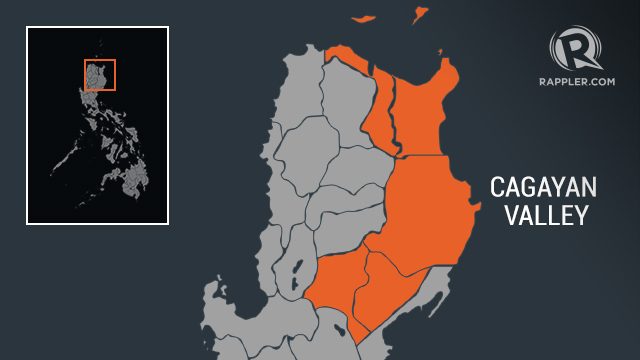SUMMARY
This is AI generated summarization, which may have errors. For context, always refer to the full article.

CAGAYAN, Philippines – The war on drugs has pushed up the street value of methamphetamine hydrochloride or “shabu” in the Cagayan Valley region, a Philippine Drug Enforcement Agency (PDEA) official said.
Citing an intelligence report, PDEA Regional Director Laurefel Gabales said the street price of shabu has increased by around 25% to 40%, or to P4,000 to P5,000 from P3,000 per gram due to scarcity of supply following the government’s crackdown on illegal drugs.
“Because of the government’s massive anti-illegal drug drive, dealers could hardly penetrate the local market now while thousands of their runners or distributors have already surrendered to authorities,” Gabales said.
Other areas have reported higher shabu prices for the same reason, among them Cebu, where shabu addicts have reportedly turned to a cheaper alternative. (READ: Nubain new favored drug of Cebu’s shabu users)
Gabales said the number of drug users and pushers who have surrendered to Cagayan Valley police has reached 18,273. They are being closely monitored by PDEA and the Philippine National Police (PNP), with the help of local officials.
Among provinces in Cagayan Valley, the most number of drug users and pushers who surrendered came from Cagayan (7,528), followed by Isabela (6,588), Nueva Vizcaya (2307), Isabela (1044), Quirino (22), and Batanes (34).
A total of 7 drug suspects – 5 in Cagayan and one each in Quirino and Nueva Vizcaya – were killed in police operations.
Police visited 147,033 houses all over the region as part Oplan TokHang, an operation that was first introduced in Davao, where cops knocked on the doors of suspected drug users and dealers to persuade them to stop using or peddling drugs
Meanwhile, PNP Region 2 Director Chief Superintendent Gilbert Sosa conducted an ocular inspection on all provincial and municipal police stations to validate their accomplishments in the implementation of Oplan Tokhang.
While most of the police officials have performed “well” in the administration’s thrusts against illegal drugs, Sosa said there were still some with “very low” accomplishment rate in the campaign.
He said the validation of the police units’ accomplishments aims to ensure authenticity and accuracy of reports submitted to the national headquarters, Sosa also directed police officials to carefully assess intelligence reports they receive to avoid misidentification. – Rappler.com
Add a comment
How does this make you feel?
There are no comments yet. Add your comment to start the conversation.